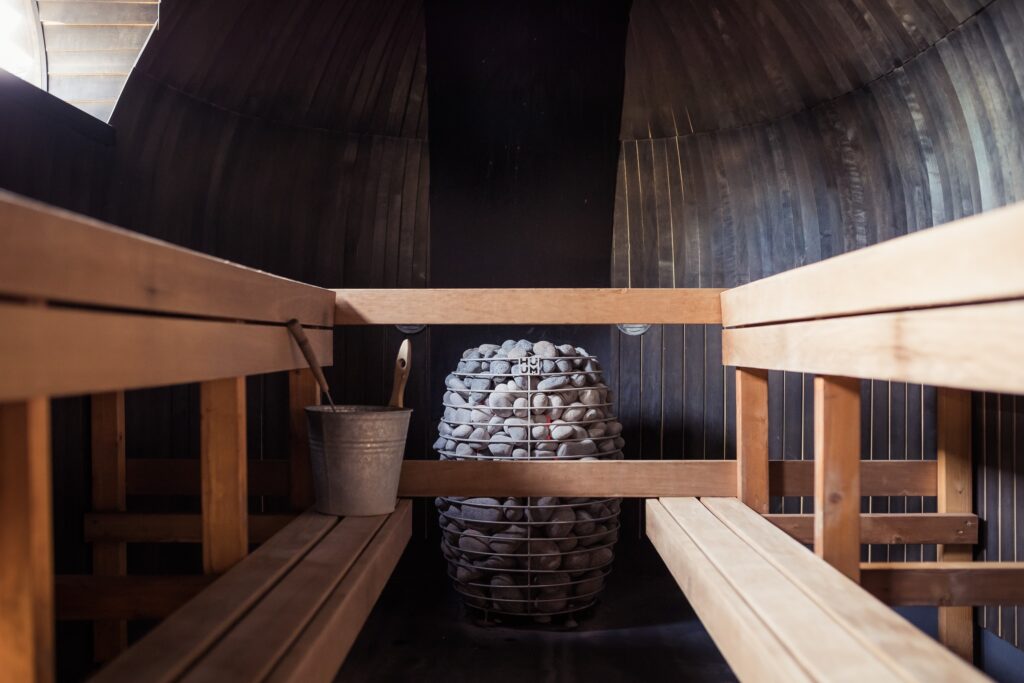Over the past 10 years of being aware that mental health is something that we should pay attention to, I have found myself acquiring tools to add to my proverbial mental health toolbox.
Each of these tools has been proven multiple times to improve my mental health. That can mean anything from gaining more fulfillment in life to less anxiety, or just generally putting me in a good mood.
The Swiss army knife of my mental health tools is the occasional ‘mental health cleanse’ – a 10-in-1 mental health tool that helps reset me when I need it.
I’ve made a mental health cleanse Google Sheet template to track the monthly challenge. To access it for yourself, click the link, select File > Make a copy, then choose where in your Google Drive you want that copy to be stored.
After that, you have your own version of this template and can start editing it to make it apply to you.
Here’s the gist:
When I’m going through periods of abnormally high anxiety, sadness, emptiness, dread, or loss of purpose, I focus on the 10 things that I know can help improve these aspects of life for me.
Everyone’s mental health is different. Therefore your mental health toolbox will likely look different from mine. But use mine as a starting point and edit as you go!
I have learned that, for me, there are 10 habits that I need to keep in check in order to take my mental health from ‘bleh’ back to ‘loving life’.
The mental health cleanse spreadsheet is the way to track these habits and hold myself accountable for re-incorporating them into my life.
To go through a mental health cleanse, I make it my sole focus for a month to spend time on these 10 habits, every day.
Here are the habits and their purposes:

- Exercise 5x/week
This is a given. We all know that we need to be exercising. When my mental health is out of whack, more often than not, it’s because I haven’t been exercising as regularly as I should.
This can be any type of exercise, for any duration, although it’s preferred to be at least 30 minutes per day.
Free endorphins are one helluva drug.
Major bonus points if you exercise in nature. Nature is just good for the soul and tends to put things into perspective for me. - Meditate daily – Waking Up app
Closing my eyes, breathing, and focusing on my breath for a few minutes each day helps me recenter myself and gain a refreshed perspective on my life. It also serves as a bicep curl for the part of the brain that allows me to separate myself from my thoughts and emotions.
In the Waking Up app, Sam Harris does a great job of helping the user become more introspective and curious about consciousness. - No phone within 1 hour of waking up in the morning
According to Jim Quik, immediately checking your phone upon waking up in the morning sets the tone for the rest of the day. By reaching for our phones and checking social media, email, or text messages right after waking up, we’re telling our brains “I’m going to let other people determine my priorities today.”
Right when we wake up, our brains are also in a vulnerable Alpha or Theta wave state, which Jim Kwik explains in the first part of this video:
- No phone within 1 hour of going to bed at night
During a mental health cleanse, within an hour of going to bed, I stop using all electronics. Instead, I focus on ‘real life’ things like doing easy household chores or reading a book.
I’m sure there’s a good scientific explanation of this, but the way I see it, our phones, computers, and tablets pull us out of the real world and do something to our brains that makes normal biological processes like sleeping more difficult. - No alcohol
Like it or not, alcohol is poison for our bodies. To improve my mental health, I need to be sure my relationship with alcohol is in check. For me, that involves taking a month-long break from all alcohol.
If this sounds really difficult, scares you, makes you uncomfortable, or if you’re facing any other type of resistance to this part of the cleanse, that may mean that you could benefit from stepping back and reevaluating your relationship with alcohol.
To live a healthy, well-rounded life, we should be able to go a month without drinking alcohol. - Watch 1 video from the ‘Mindset / Motivation’ YouTube playlist per day
Over the years, I have been adding to this playlist as I find videos that I may need to revisit in the event that I reach a depressed or uninspired point in life and need a pick-me-up.
Choose one video from this list each day and watch it. This will help you start focusing on positivity and potential rather than that dreaded negativity downward spiral. - Netflix / Hulu allowed on Fri, Sat, Sun only
After a long day of work, it’s so easy to default to sitting on the couch all evening and watching some mindless TV. Or use our favorite Netflix series to escape into another world because we’re not fulfilled by our own.
Limiting myself to only using Netflix or Hulu on weekends, forces ‘watching TV’ to be an activity that I intentionally choose to do rather than a default, fallback activity that I do every time I’m bored. - Read for 30 minutes before bed
Reading, especially fiction, helps me wind down before going to sleep for the night. Throughout the day, our minds are active, thinking about the task at hand and what we should do next.
For me, focused reading gives my brain one more thing to focus on before dozing off for the night. It also makes me tired, which helps me get into sleep mode. - Write 3 things you’re grateful for upon waking each morning
Instead of going straight to my phone when I wake up, I grab a small notebook that I keep on my bedside table. The notebook is simply titled ‘Gratitude’.
Right away in the morning, I spend 2 minutes thinking about things that I’m especially grateful for at that moment, then jot them down in the notebook.
Doing so seems to wire my brain with a focus on gratitude and appreciation for the next 24 hours.
These could be fairly standard things that we can easily take for granted, like “the ability to make my own decisions”, “an able body”, or “a fridge full of food”. But some could also be more specific, like “my recent promotion at work” or “my spouse doing so much around the house to keep us organized”.
Think about it. Feel the appreciation for it. Then write it in a couple of words in your notebook. - [Optional] No added sugar (fruit is okay)
Like alcohol, our relationship with sugar should also be checked on occasion. For some of us, it’s easy for desserts and other sweets to sneak into our lives and take over our list of otherwise healthy habits.
These are the habits that work for me, but everyone is different. I challenge you to start with my spreadsheet and make it your own, adding your own mental health habits that work best for you, and taking on the month-long challenge of doing each of them daily.
Here’s the link to the mental health cleanse spreadsheet template again. After accessing it, just click File > Make a copy to have your own editable version of this monthly tracker.
What are some mental health tools that are helpful to you that aren’t included in my list? Let me know on Twitter (oops, sorry. X 😒)!

